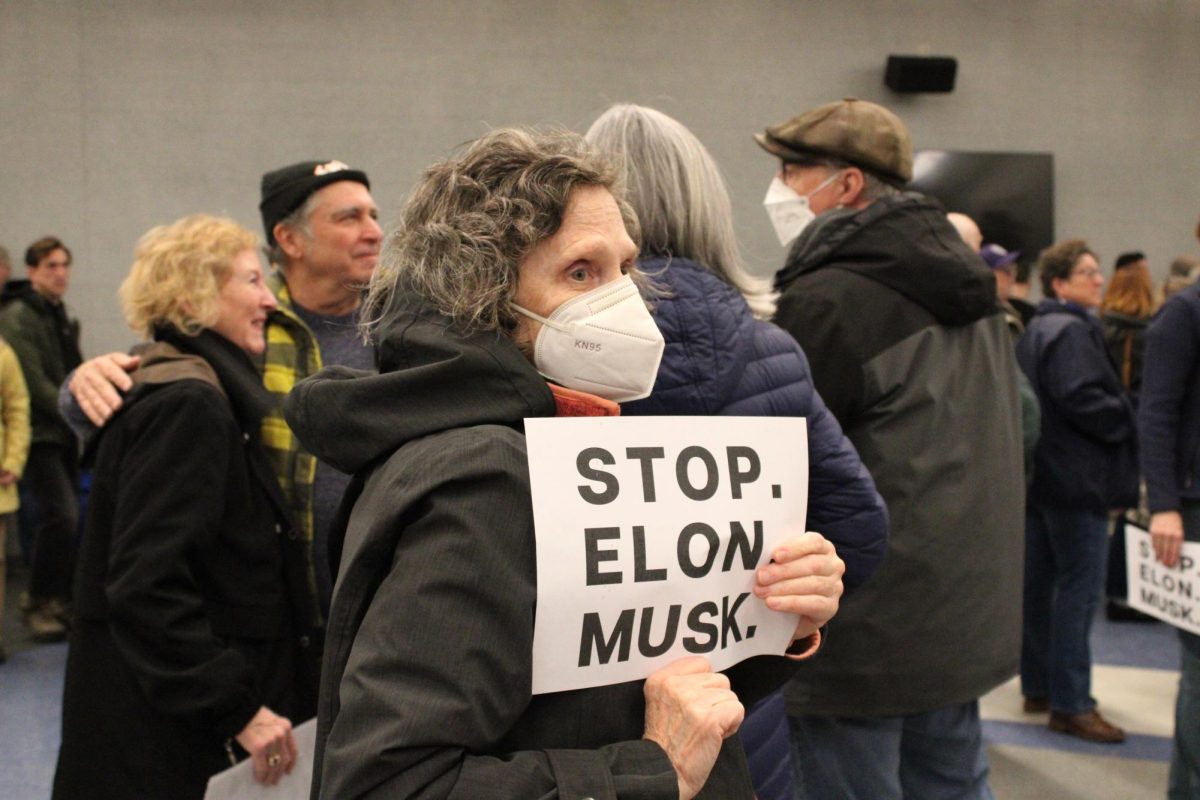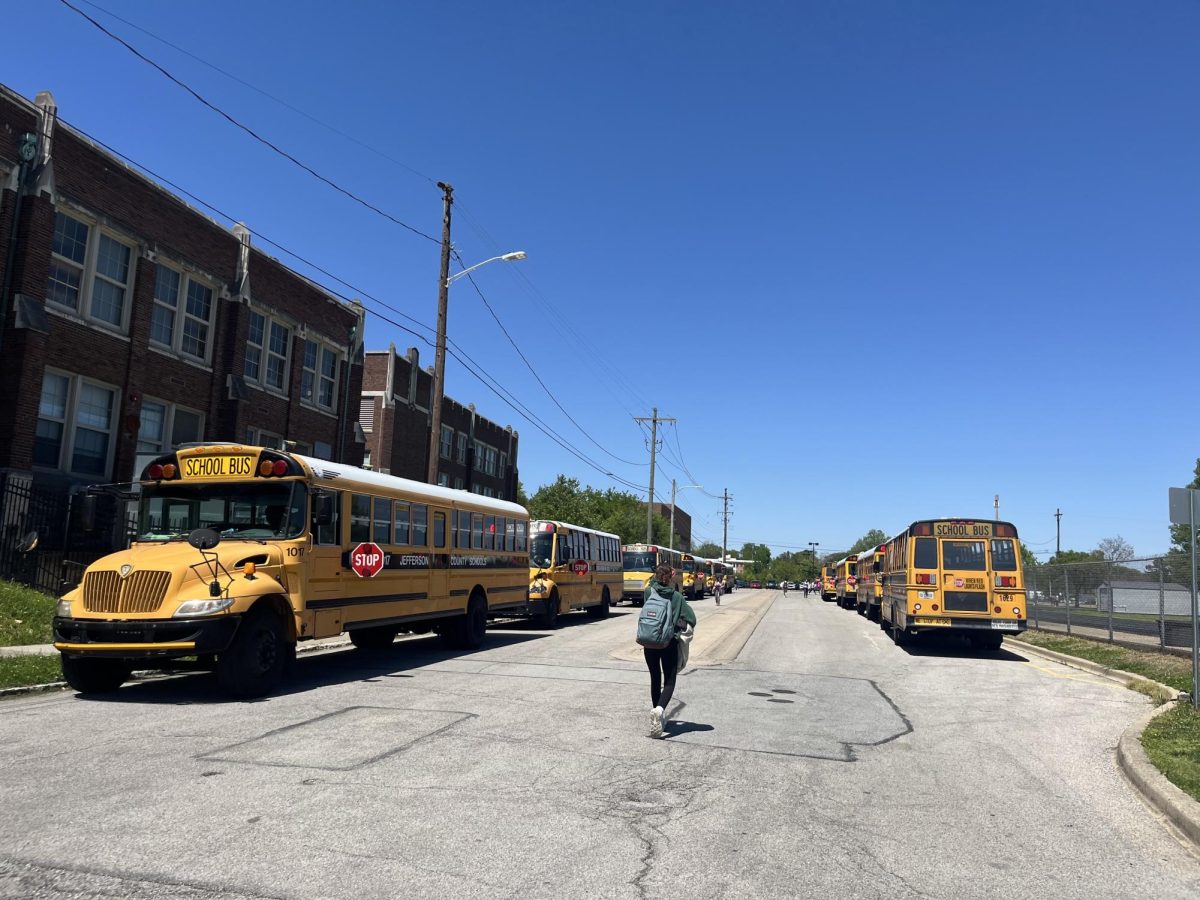On March 22nd, Gov. Matt Bevin signed Kentucky Senate Bill 17 which will allow students in public schools to pray and engage in religious activities, express religious or political viewpoints in homework, classwork, speeches and artwork, distribute political and religious literature and express religious and political viewpoints on their clothing without being suppressed.
The bill was brought about when a Bible passage was cut from “A Charlie Brown Christmas” at W. R. Castle Elementary School in eastern Kentucky.
Sen. Albert Robinson composed the bill so that the expression of students’ personal beliefs could not be diluted.
Various local news sources, as well as students in Kentucky public schools, have been concerned with the section of the bill, passage three, that says that, “no recognized religious or political organization is hindered or discriminated against in the ordering of its internal affairs, selection of leader and members, defining of doctrines and principles, and resolving of organizational disputes in the furtherance of its mission, or in its determination that only persons committed to its mission should conduct these activities.”
This would mean that anyone who does not agree, share, believe or practice similar religious or political customs can be subject to discrimination, harassment, exclusion and bullying.
Students all around Manual have been discussing the bill and its success in the Senate.
Member of the Young Democrats club, Forest Clevenger (10, MST) called the bill “redundant, a political ploy and possibly very detrimental to young people.”
“This passage [passage three] of the bill may be constructed to allow any club to exclude members based upon their sexuality or anything else. It doesn’t denote that, but that causes worry,” Clevenger said.
Openly Christian student Sierra Kidd (10, YPAS) also called the bill redundant.
“The situations the bill addresses have already been dealt with in a number of ways,” Kidd said.
Passage three continues to be the one that students are the most concerned with.
“The bill permits Christians the right to openly discriminate against individuals that they do not agree with or that are not ‘right’ under the beliefs of the religion. Here at Manual, I don’t see that as being a problem,” Kidd said.
Although its application might seem irrelevant at Manual, Senate bill 17 could impact the JCPS community altogether by allowing for exclusion of students based on criteria that cannot be terminated.






